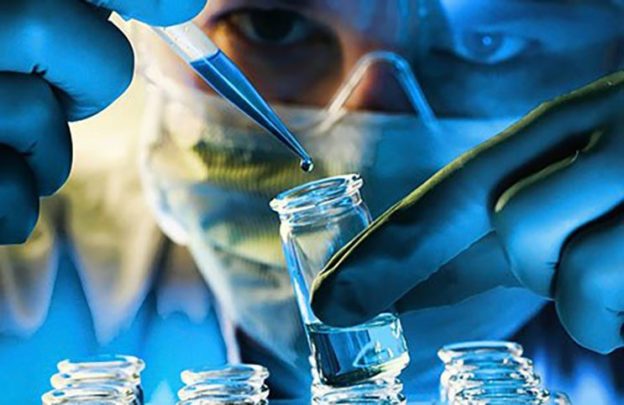From synthetic biology to xenotransplantation, biotech advancements have revolutionized the world. In 2023, these trends will continue to push boundaries.
To optimize their R&D processes, biotech companies need analytic tools that can analyze and streamline large data systems. Streamlined data platforms can give leadership visibility into key indicators and enable them to make faster decisions.
1. Artificial Intelligence
Artificial intelligence is a technology that can transform the world and help us address challenges in medicine, agriculture, food, industry, and more. It is an important part of the future of technology, but it also poses a threat to humanity.
AI can be used to streamline a wide range of operational processes through enhanced automation. In addition, it can be used to analyze and process data and identify patterns that may lead to new discoveries.
It can be used to speed up drug research timelines, which can take years as manufacturers try and find enough participants for clinical trials. It can also be used to improve triaging and reduce medical errors by assisting doctors in their diagnosis. It can be used to spot genetic sequences that can lead to disease and create new drugs, potentially saving lives around the world. It can even be used to improve crop yields by identifying the cause of plant disease and pest infestation.
2. Robotics
In biotechnology, robotics can be used to transform technology from a mechanical to an organic form. It can be used to create robots that can mimic human movements and use tools, or for more medical applications like helping patients recover from surgery by moving their arms and legs.
This field can also be used to make biotech products that are eco-friendly, like plastic-eating bacteria and soils that hold nutrients better. Agricultural biotechnology can be used to create crops that are drought resistant and less susceptible to pests.
Medicine is a big field for biotechnology, which can be used to create vaccines, medications and even artificial organs. But this type of tech can be extremely expensive, and doctors must weigh the risk versus cost for each patient. It’s important to fully understand any new medical technology, and patients should do their research before agreeing to participate in clinical trials. People have been hurt and killed by new tech, and researchers need to take the time to truly explain any risks.
3. Biofuels
Biofuels are fuels made from organic material – plant and animal matter – that can be used to create energy. They can be solid, gaseous or liquid. Biofuels are used mainly as fuel for electricity and motor vehicles. They can also be used for heating in homes.
Currently, the majority of biofuels are first-generation biofuels, derived from sugar and starchy crops and oil seeds and commonly known as ethanol or biodiesel. These fuels are produced by converting biomass into ethanol and biodiesel using mature technology that is widely available.
Scientists are working to develop more advanced types of biofuel, aimed at using nonfood feedstocks, like wood chips, agricultural and municipal waste, perennial grasses and fast-growing trees. These newer biofuels would not compete with food production, so they could be more widely used and help reduce greenhouse gases. The Bioenergy Technologies Office is developing these second-generation biofuels, which would be referred to as cellulosic biomass and algae biofuels.
4. Artificial Intelligence in Medicine
Whether diagnosing cancer, streamlining end-to-end drug development, or improving communication between physicians and patients, AI has the potential to transform technology. State-of-the-art computer algorithms have already achieved accuracies at or above human standards in many medical fields, such as assessing breast cancer risk from histopathological imagery, guiding anti-venom selection from snake images, or identifying skin lesions.
And with more than half of all adults in the U.S. now owning a smart device, many people have access to the data used by AI in medicine – or soon will. AI systems can flag a patient’s deterioration, suggest sepsis has developed, or identify signs of dangerous cardiac patterns in x-rays to provide instant and accurate feedback for doctors.
In fact, a modest share of Americans (38% to be exact) think that using AI in healthcare and medicine would improve overall patient outcomes, with greater support among younger adults. Those who say that would be the case often explain their view by stating that they believe AI to be more objective and dispassionate than humans.

